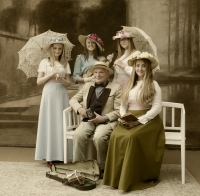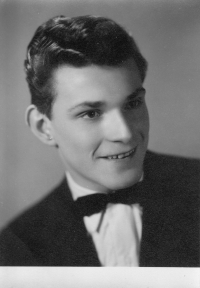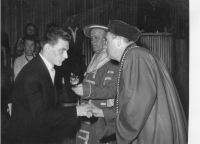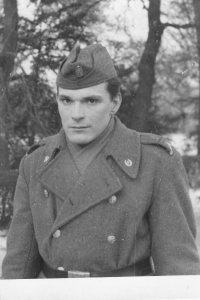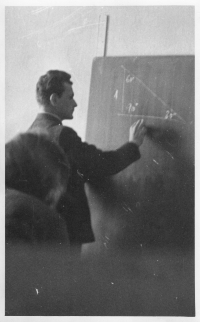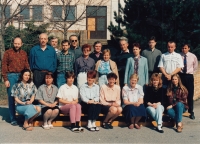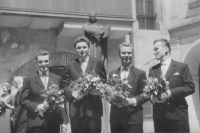Students knew what they could and could not talk about

Download image
Tomáš Podaný was born on December 14, 1941 in Malovice, near Netolice. At the end of the war, German soldiers hid in their cottage. Malovice was located near the demarcation line, and the village was liberated in May first by the Red Army and then by the American army. His family was also affected by the collectivization of agriculture in the 1950s. Tomáš studied descriptive geometry at the University of Pedagogy in Prague. After graduating from military school, he got a job at the Český Krumlov gymnasium, where he taught until his retirement. Together with the students, he experienced the invasion in 1968 and the Velvet Revolution in 1989. In 2019, he lived in Český Krumlov.
